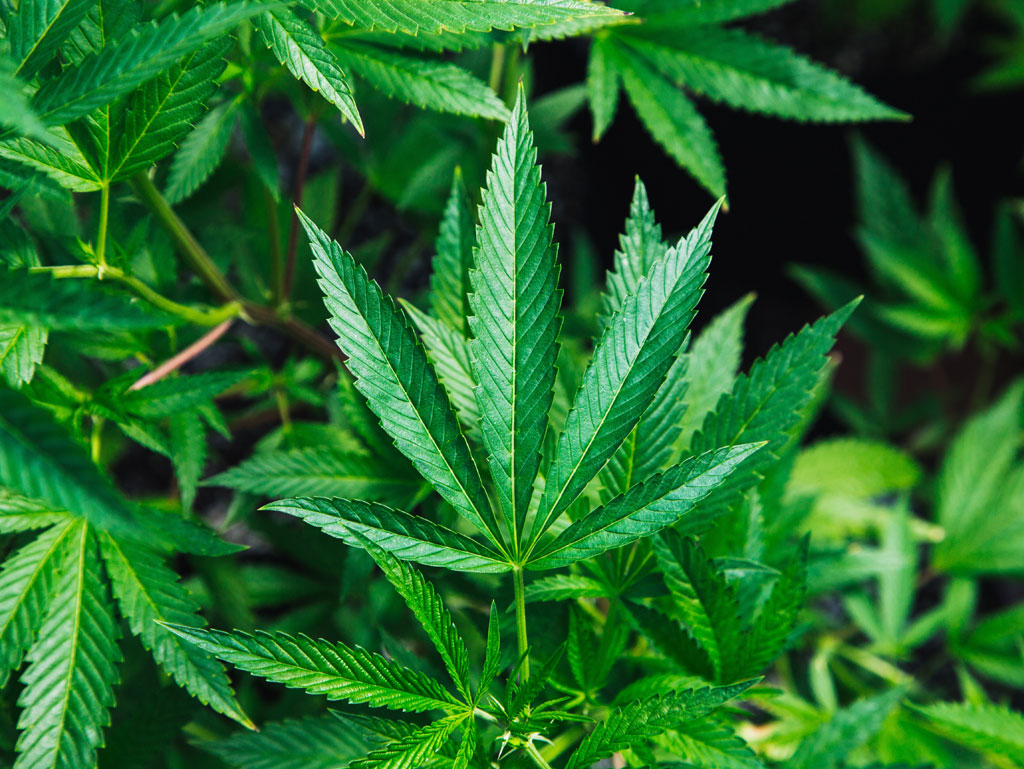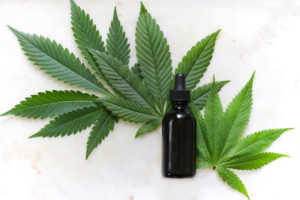Registering your trademark/service mark with the United States Patent and Trademark…

Yes You Can Can: How Cannabusinesses Can Protect Their Brands
As a trademark attorney, I encourage brand owners to federally register their brands, which are trademarks and/or service marks, with the U.S. Patent and Trademark Office (USPTO). Doing so affords a bunch of legal benefits obtainable only through federal trademark registration.
But… what happens when the Feds classify–or in this case Schedule–the goods or services with which the brand is used as illegal? What happens when the goods are cannabis flowers or the services are retail sales of cannabis products?
Are cannabrands left out in the cold when it comes to brand protection?
The answer… of course — is, “it depends.”
On what, you wonder?
Many things.
Of course, there’s the usual myriad of issues all businesses must consider when contemplating trademark registration, like: whether the brand is too similar to a previously registered mark or one for which there’s a pending application (“likelihood of confusion”); whether the mark describes some aspect of the goods/services listed in the application (“merely descriptive”); whether there’s acceptable evidence of use (“specimens of use”); whether the ID of goods/services is acceptable (“Acceptable IDs”), and, in the cases of cannabrands, whether your goods/services “touch the plant.”
WTF does that mean?!?
Essentially, if you have a license to cultivate, manufacture or dispense cannabis, then your business “touches the plant.” And, as well all know, touching the plant is a no-no under federal law. The USPTO only registers marks that are in lawful use in interstate commerce.
So now, let’s play a quick game of Choose Your Own Adventure:
Since “marijuana” is a Schedule I drug under the CSA, marijuana brands presently are ineligible for trademark registration in the U.S., at least in connection with products and services that “touch the plant.” Specifically, the CSA the CSA prohibits, among other things, manufacturing, distributing, dispensing, or possessing cannabis that meets the definition of marijuana. (And if you’re unaware, Schedule I drugs are those with a high potential for abuse, no currently accepted medical use in treatment in the United States and a lack of accepted safety for use of the drug or other substance under medical supervision (fascinating, isn’t it?).)
Fortunately, this does not leave marijuana brands cut off at the stalk without any protection at all.
Back to Choose Your Own Adventure for a moment:
Marijuana Brands:
But wait, not all hemp-based CBD products from hemp are registerable at the USPTO. The USPTO’s recent Exam Guide 1-19 titled, “Examination of Marks for Cannabis and Cannabis-Related Goods and Services after Enactment of the 2018 Farm Bill” states:
Applicants should be aware that even if the identified goods are legal under the CSA, not all goods for CBD or hemp-derived products are lawful following the 2018 Farm Bill. Such goods may also raise lawful-use issues under the Federal Food Drug and Cosmetic Act (FDCA). The use in foods or dietary supplements of a drug or substance undergoing clinical investigations without approval of the U.S. Food and Drug Administration (FDA) violates the FDCA.
For applications that recite services involving the cultivation or production of cannabis that is “hemp” within the meaning of the 2018 Farm Bill, the examining attorney will also issue inquiries concerning the applicant’s authorization to produce hemp. Applicants will be required to provide additional statements for the record to confirm that their activities meet the requirements of the 2018 Farm Bill with respect to the production of hemp. The 2018 Farm Bill requires hemp to be produced under license or authorization by a state, territory, or tribal government in accordance with a plan approved by the U.S. Department of Agriculture (USDA) for the commercial production of hemp.
So, if your hemp brand comes from unlicensed hemp or if it is used on a food/beverage or cosmetic product containing CBD, the USPTO will continue to treat it more like a marijuana brand than a hemp brand, for now. That just means that some hemp brand owners, like marijuana brand owners, should take a broader look at their other branded products and services to see what else may be protectable under federal law.

Keep in mind that the USPTO will cite an existing registration against other identical or similar marks for the same or related goods & services. Thus, if your dispensary is called BESTEST BUDDIES and you get your mark protected (federally registered) for “Providing consumer information in the field of medical marijuana,” then that registration will block others from registering BESTEST BUDDIES (or BEST BUDDIES or BESTEST BUDS, etc) for retail store services featuring cannabis if and when it comes time for the Feds to allow such registrations.
And the time probably isn’t too far off…
USPTO applications including the words hemp or CBD or cannabis or marijuana are growing:
Hopefully someday the Feds will catch up to marketplace reality and cannabis companies will be able to seek and receive the federal brand protection they really want.

Gratification for the main photo use by Rick Proctor on Unsplash







This Post Has 0 Comments